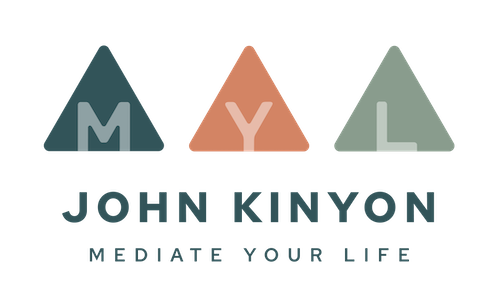Becoming Regenerative
I am feeling deeply inspired by the regeneration movement. Paul Hawken, an environmental activist for many decades and one the leading voices in this movement, has written a new book called Regeneration: Ending the Climate Crisis in One Generation. The movement as I understand it is about not only living sustainably on the planet but also healing the planet from the tremendous damage we humans have done to her. For example, there are regenerative agricultural practices that “draw down” excess carbon from the atmosphere. I believe there are now over 100 different regenerative practices across many areas of human activity.
Looking deeper, it seems that the environmental degeneration we see is intimately connected with the social degradation we’re also experiencing, such as the tremendous amount of wealth and income inequality, continued social injustices, and the increasing social-political divides, polarization, and threats to democracy. All this environmental and social degeneration seems to come from the same “extractive” and exploitive mindset at the root of our economic and related systems. The really good news is that as we address and heal the environmental challenges we also must simultaneously address the social ones; and as we do that we can radically enhance our overall health, happiness, and wellbeing.
The bad news it seems is that although we apparently now have the technology and know how to save ourselves from catastrophic destruction, we are on the whole still moving in the opposite direction. Our human psychology is not allowing us so far to come together and work together to do what needs to be done, even though ironically it would make us so much happier and healthier to make these changes.
So, what can we do? It can seem too late and impossible at this point to reverse the downward spiral. From my work I believe a critical piece is the emerging skills and structures of conversation that integrate both language and consciousness to transform conflict into empathic connection and cooperation. I see unhealthy and destructive conflict coming from systems of thought and belief that circulate through the collective human mind as well as the depths of traumatic emotion in the body.
At the leading edge of our evolution, and engaging the root of our predicament, it seems to me a regenerative mindset is seeing ourselves as one with the whole of life on the planet rather than as separate, superior, and in control. Our individual happiness, health, and wellbeing is one with not only the whole of humanity but also with the entire interdependent and symbiotic ecology of the Earth. It is the indigenous wisdom we “moderns” have largely subjugated but now urgently need.
With a technology of communication integrating language and awareness that is universal and wholistic, life-centered and eco-centered, we become regenerative. When we connect with the universal consciousness, energy, and needs underlying our conflicting beliefs and emotions, we connect with the commonality of all life of the planet. We can then tap into new abilities and potentials in the realm of the human psyche for connecting across our divides and working together. I believe that the love and creativity that flows from this connection has the power to do the seemingly impossible: to regenerate and heal ourselves and the Earth.
Will you become regenerative and be part of doing the impossible?
Here is the link to Paul Hawken’s website, https://regeneration.org. Here also is a link to a regeneration summit happening now, https://transitionus.org/summit/, and links to some wonderful trauma summits — https://thewisdomoftrauma.com and https://collectivetraumasummit.com.
